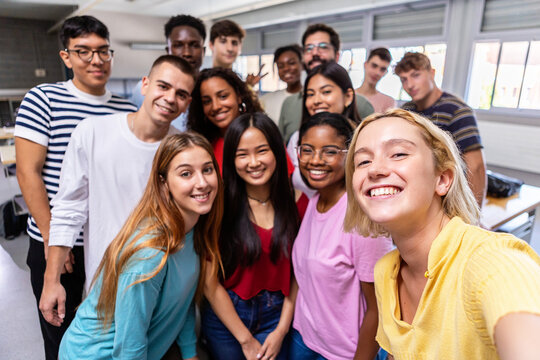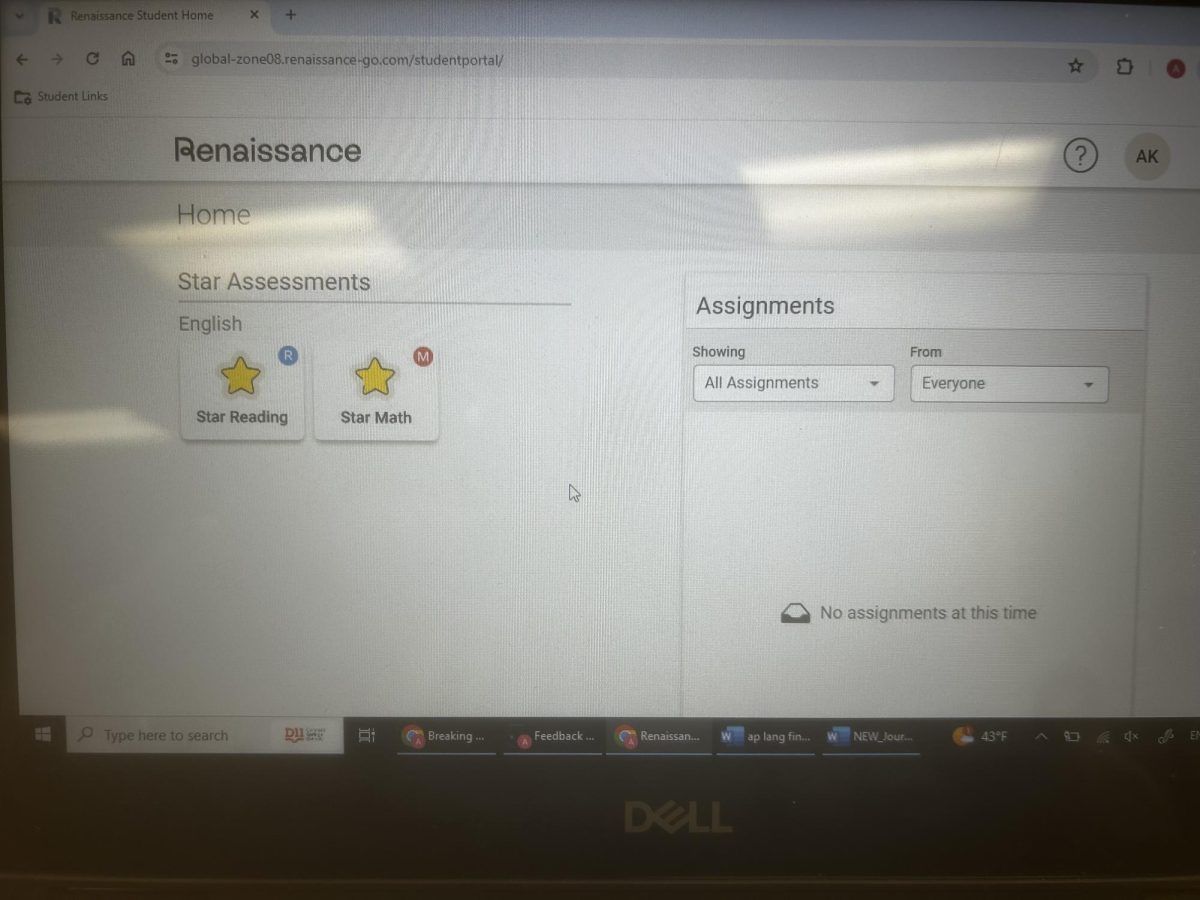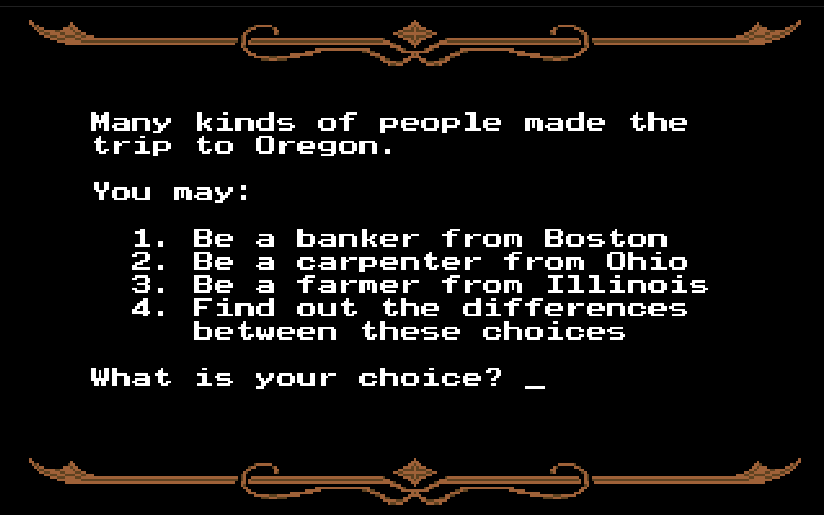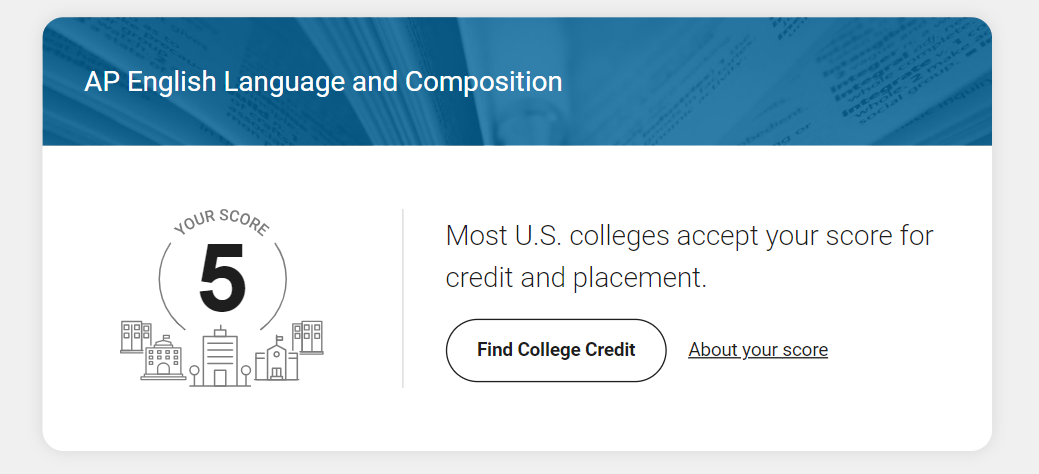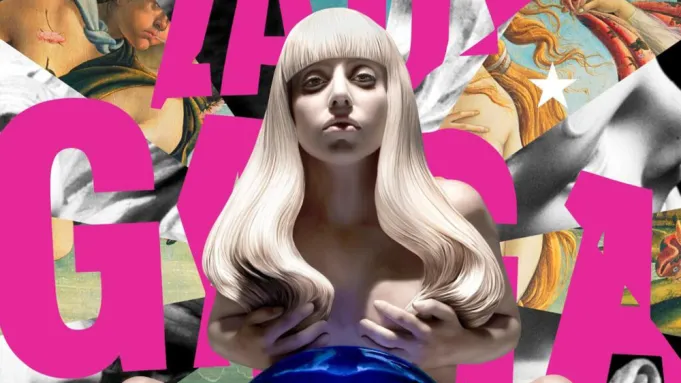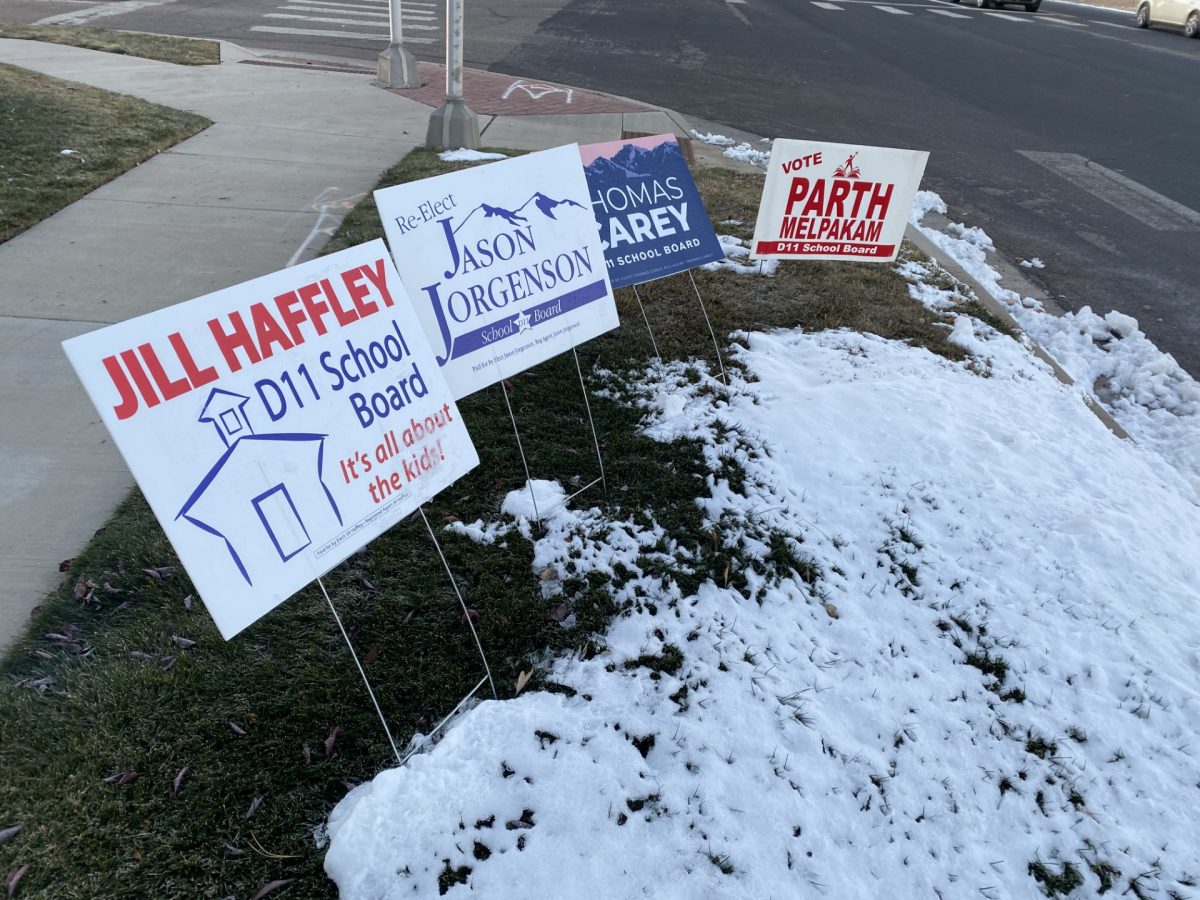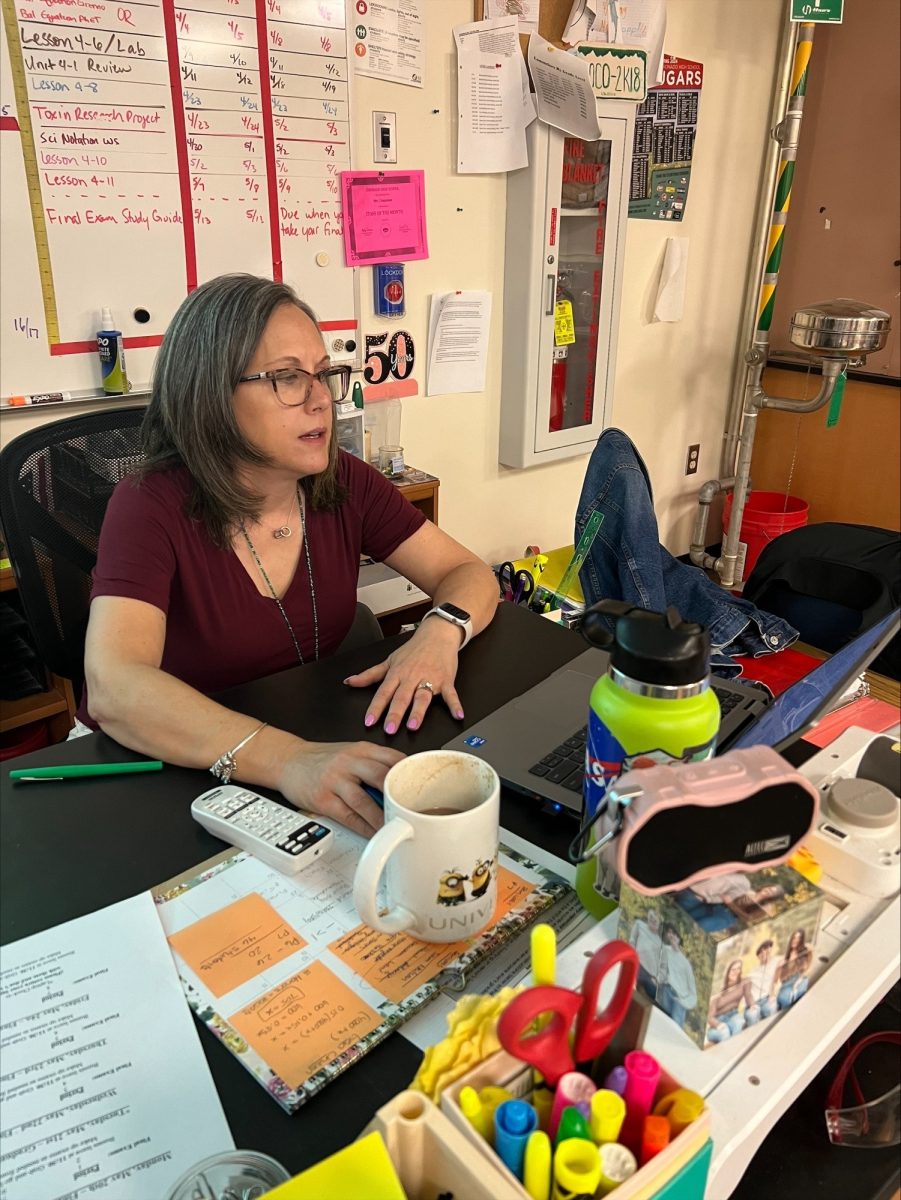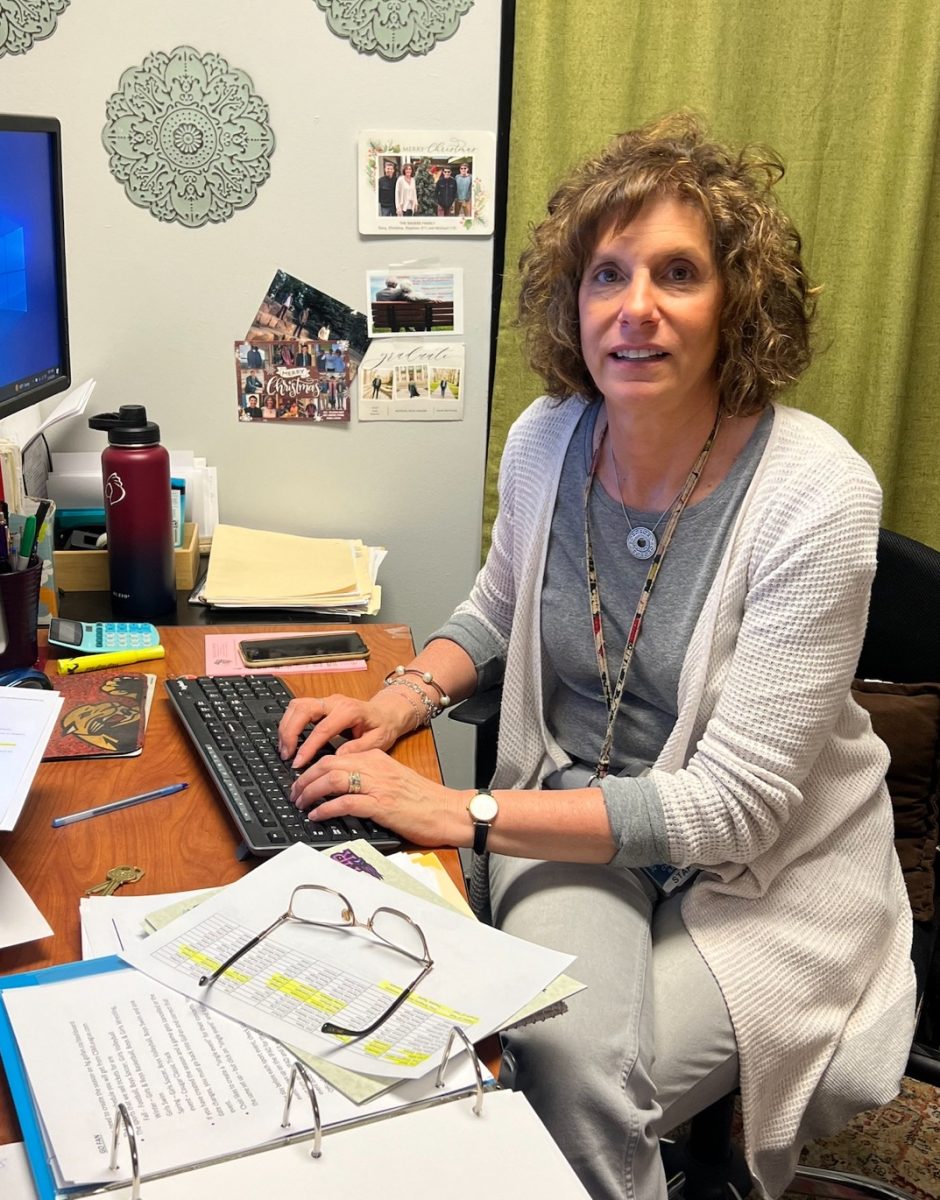If there’s any character I love – and I mean really love – it’s Elle Woods from the 2001 film Legally Blonde. Of course, I am not alone: the film grossed $141 million dollars, with audiences identifying with Elle Woods’ unmatched will to succeed at Harvard Law School while remaining unabashedly herself. She realizes that she simply doesn’t belong among the academic elite, but she braves the criticism anyway.
Well, that isn’t entirely true, in fact, Elle is the picture of a Harvard attendee, and she was set up for success from the very beginning.
According to data collected by the Harvard Crimson, the median family income for Harvard attendees is over three times the national average, and over 53% of students self-report as white. Likewise, Opportunity Insights, economists based at Harvard who study economic mobility, determined that “a student from a low-income background with the same SAT score as a student from a wealthy family is less than half as likely to get in.”
Since 1954, the League has become more of a popularity contest than a paragon of academic achievement. Harvard made $6.1 billion dollars in 2022, with 45% of funds coming from private donors. Rather serendipitously, donor-related applicants are nearly seven times more likely to be accepted than non-donor related applicants, and 70% of those applicants are white.
Ivies also show a strong preference for students who attend private institutions. Christopher Rim, CEO of Command Education wrote that while “private school students made up only 8.5% of American students in 9-12th grades in 2019, they accounted for almost 40% of the incoming freshmen classes of 2025 at Harvard and Yale.” At Dartmouth, it’s over 40%.
Philip Exeter, one of the top prep-schools for Ivy Leagues, costs over $64,000 a year in tuition alone. Since school integration in the 1960s, elite institutions such as Exeter have sheltered white students, further facilitating racial segregation. While elite universities do have a population of low-income students and students of color (albeit not a large one), half of low-income students at these universities attended private prep schools such as Exeter.
Is any of this fair though? Perhaps these students are just smarter and more deserving of attending an Ivy League, so where’s the issue?
To answer this question let’s return to Elle Woods, a straight, white, woman who attended a prep school, is implied to have attended a prestigious university for her undergraduate, such as UCLA, and who frequently flaunts her wealth. Of course she had to work to succeed, but she didn’t start from scratch, and that’s the problem.
Attending an Ivy League is an inarguably strong method of beginning a fruitful career, with Jackson Kelleher, Class of 2024, applying to many top universities, including Stanford, MIT, and Princeton. Jackson shared that, “the academic rigor and social network should put me on a decent path to success.”
When asked about legacy admissions Jackson expressed that “it hurts a lot of people’s chances,” and that the practice only benefits those from “very wealthy backgrounds.” According to Jackson, “at least a third of top school admissions are for legacy students.” In other words: privilege begets privilege.
Jackson is paving the way for others like him, who would like to attend prestigious universities, but lack the funds and legacy affiliation, but for the most part, the benefits of an Ivy League are reserved for the ultra-wealthy. Elle Woods didn’t need more wealth, and those that struggle for opportunity, who would benefit from the prestige of an Ivy, get left behind.
Yet, all is not lost, and there are other options besides the select elite universities. Lilly Perry, Class of 2024, plans to study zoology at CSU Fort Collins: “I chose to go to CSU because it is not only an excellent school and decently priced with in-state tuition, but it is also the best school for what I want to do. It doesn’t matter the name of the school – just what you do with it.”
So yes, Elle Woods would have gotten into Harvard anyway, but that doesn’t define her worthiness, nor that of those with fewer advantages. For now, inequality in higher education isn’t going anywhere; sometimes our only choice is to work around it. We can’t choose where we start, and we can’t always choose where we go, but we can choose what we make of it.


